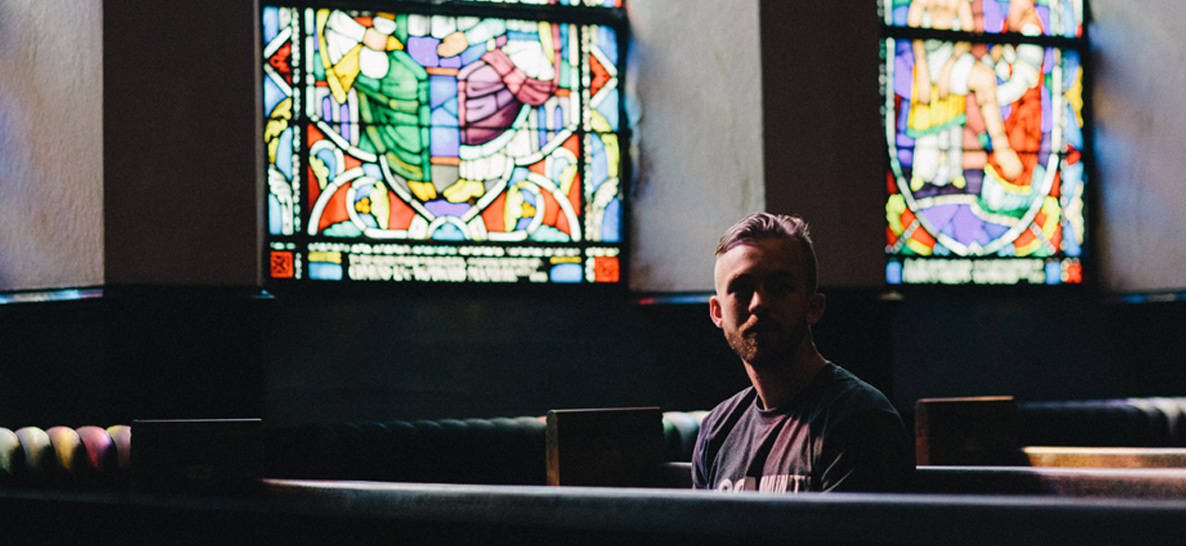
Most millennials’ relationship with the history of the Church is complex.
On the one hand, we’ve seen the pendulum swing in recent years from an emergent, functionally anti-historical church trend to a notable influx of younger people—perhaps, as in my case, even ourselves—into liturgically richer and/or more historically rooted Christian traditions such as Anglicanism, Presbyterianism and even Roman Catholicism and Eastern Orthodoxy.
On the other hand, we still live six days of the week amid a culture enamored with rapidity, novelty and the wondrous future.
In sum, we’re confused.
One way out of the morass is simply this: know the history of the Church. Here are the main reasons why.
It’s God’s Story
Much has been made in the past decade or so of the historical-redemptive narrative: the belief that the story of God and His interactions with His people fit into four categories (or stages) we call Creation, Fall, Redemption, Consummation (or shalom).
This has been helpful for young evangelicals as a way of understanding the larger narrative of Scripture. When we open our Bibles and read, say, the book of Daniel, we benefit from understanding that the life and trials of Daniel sit between the Fall and Redemption as the covenant God of Israel exhibited both mercy and judgment to His covenant people. It helps us locate individual narratives within the larger narrative.
A proper, robust, Christian appreciation for Church history looks much the same.
Prior to the professionalization of history as a distinct academic discipline, the professors of ecclesiastical (church) history at the major Scottish universities taught a subject slightly different than that which likely comes to mind when we think of Church history today.
For us, Church history began in the Book of Acts. For them, Church history and the history of humanity share a common origin: creation.
The Early American pastor-theologian Jonathan Edwards thought much the same. His A History of the Work of Redemption, which he was unable to complete before his death in 1758, similarly cast the history of the Church alongside the acts of God in biblical times.
These people understood the importance of Church history as the portion of the historical-redemptive narrative located between Redemption and Consummation, not just blank pages between the end of Revelation and the return of Christ in space and time.
Church history matters because the history of the Church—the new covenant people of God—is the continuation of the divine drama canonized in Holy Scripture and equally “as divinely superintended by the Spirit,” as Kevin J. Vanhoozer put it in his book The Drama of Doctrine.
It’s Our Story
As members of the Church—the Body of Christ that both inhabits and transcends space and time —the story of God’s people “between the times” is indeed our story.
The women and men of faith who came before us, those “saints who from their labors rest” were our fellow people of the Way, our spiritual ancestors. Reading, understanding and retelling their stories is vital to the health of the Church and should indeed be exciting and encouraging as we ask similar questions, face similar dilemmas, and—above all—worship the same triune God through the preaching of the same Word and the administration of the same sacraments.
We live in a world permeated with micro-narratives. We go home at night and escape to foreign lands on Netflix, while the grandest, realest, thickest (like the grass in C.S. Lewis’ heaven in The Great Divorce), truest story that has been or ever will be told is a story in which we find ourselves, or—to use theologian Vanhoozer’s language—a theatre in which we are not a passive, but participating audience.
So open Augustine’s Confessions. Open Pilgrim’s Progress. Open a biography of Catherine Booth. Open a well-written survey of Church history. Inside, there is a story. It is God’s story and—through Christ—it is ours, too.
Church history matters.
Places to Start
The following resources are some accessible ports of departure. Godspeed.
Turning Points: Decisive Moments in the History of Christianity
By Mark Noll
Noll, both scholarly and readable, isolates important episodes in the story of the Church in a highly approachable manner.
A History of Christianity: The First Three Thousand Years
By Diarmaid MacCulloch
MacCulloch, though writing in more depth and from a broader place, provides an excellent overview of the field.
Church History in Plain Language
By Bruce Shelley
Shelley’s survey is a middle way between Noll and MacCulloch.






















